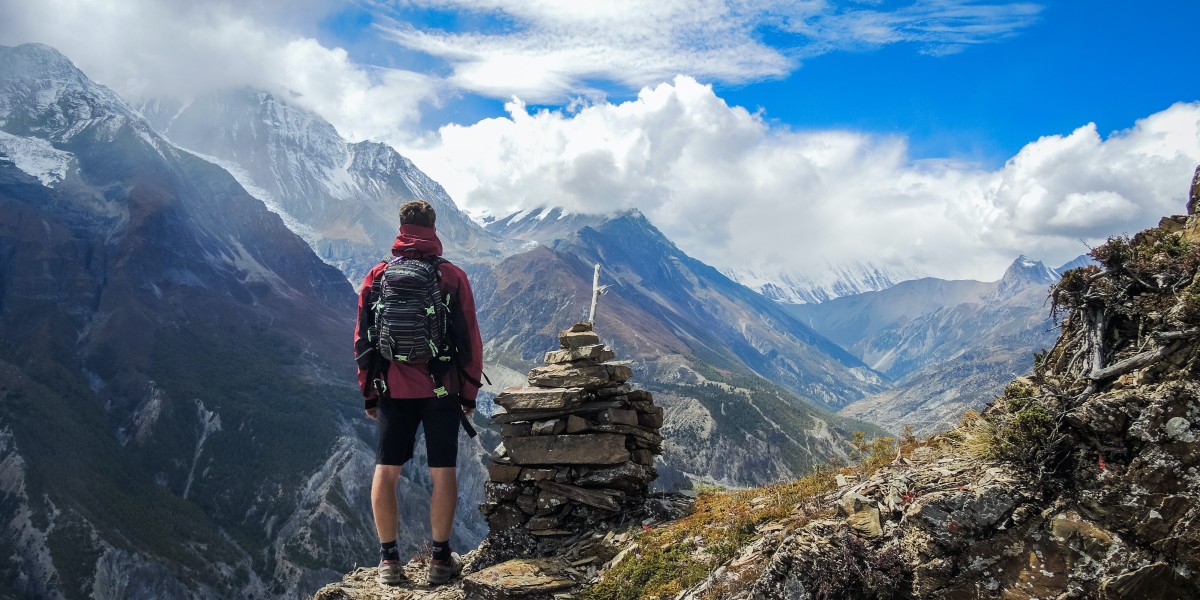Introduction
Mountaineering athletes, as they are often called, push the boundaries of human potential as they ascend towering peaks, battling extreme weather conditions and facing life-threatening challenges. In this article, we will delve into the world of mountaineer athletes, exploring their mindset, training, and the unique blend of skills that sets them apart.
The Mindset of a Mountaineer Athlete
Fear Management: Fear is an ever-present companion in the world of mountaineering. Mountaineer athletes must learn to manage and even harness their fear. Rather than succumbing to it, they use it as a source of motivation and alertness. This ability to control fear and anxiety is a key component of their mindset.
Resilience: Adverse conditions, harsh weather, and physical exhaustion are par for the course in mountaineering. Athletes in this field must develop an unwavering resilience to endure these challenges. They understand that setbacks are part of the journey and use them as opportunities for growth.
Risk Assessment: A critical aspect of mountaineering is the ability to assess risks accurately. Mountaineer athletes are not reckless adventurers; they are calculated risk-takers. They rely on their knowledge and experience to make decisions that can mean the difference between life and death.
Goal-Oriented: Setting and achieving goals is fundamental to mountaineering. Athletes in this sport are driven by a desire to conquer peaks, break records, and push their limits. They have a clear vision of what they want to achieve, and they work tirelessly to make it a reality.
Mental Toughness: Mountaineer athletes develop mental toughness through their experiences in extreme conditions. They learn to stay focused and composed, even when facing life-threatening situations. This mental strength not only helps them in the mountains but also in other aspects of life.
The Training Regimen
Physical Conditioning: Mountaineering demands a high level of physical fitness. Athletes train rigorously to build strength, endurance, and agility. Cardiovascular workouts, strength training, and flexibility exercises are all part of their routine. Altitude training is also essential to acclimatize the body to low oxygen levels at high altitudes.
Technical Skills: Climbing requires a unique set of technical skills, including rock and ice climbing, rope work, and crevasse rescue techniques. Athletes spend countless hours honing these skills to ensure their safety and success on the mountain.
Nutrition and Hydration: Proper nutrition and hydration are crucial for mountaineer athletes. They must fuel their bodies with the right nutrients to sustain the energy levels required for strenuous climbs. Dehydration and malnutrition can lead to serious health issues in the mountains.
Mental Training: Mountaineering is as much a mental challenge as a physical one. Athletes practice visualization, meditation, and mindfulness to stay mentally sharp. They also work with sports psychologists to develop strategies for coping with stress and fear.
Gear and Equipment: Mountaineer athletes are experts when it comes to gear and equipment. They must know their equipment inside and out, as their lives depend on it. From clothing designed for extreme cold to specialized climbing gear, they spare no expense in ensuring they have the best tools for the job.
Follow the journey of a fearless mountaineerRanveer Singh Jamwal,conquering heights and pushing limits. Explore the world through their awe-inspiring adventures
The Unique Blend of Skills
Problem-Solving: Mountains present a constantly changing set of challenges, from shifting weather patterns to unexpected obstacles. Mountaineer athletes are adept problem solvers who can quickly adapt to new situations and find solutions on the spot.
Teamwork: Many mountaineering expeditions involve teams of climbers who must rely on each other for safety and support. Athletes in this sport excel at teamwork, fostering trust and communication among team members.
Self-Sufficiency: While teamwork is essential, mountaineer athletes also possess a strong sense of self-sufficiency. They know how to take care of themselves in the mountains, from setting up camp to administering first aid.
Environmental Awareness: Mountaineers have a deep respect for the environment. They understand the fragile ecosystems of high-altitude regions and take steps to minimize their impact. They are often advocates for conservation and responsible tourism.
Cultural Sensitivity: Many of the world's tallest peaks are located in culturally rich areas. Mountaineer athletes learn to navigate diverse cultural landscapes with respect and sensitivity, forging positive relationships with local communities.
Conclusion
Mountaineer athletes are a breed apart, possessing a unique blend of physical prowess, mental resilience, and technical skills. Their ability to conquer some of the world's most challenging peaks is a testament to their dedication and unwavering spirit. Through rigorous training and a mindset forged in the crucible of extreme conditions, they continue to push the boundaries of human achievement in the world of mountaineering. As we admire their accomplishments, we can also draw inspiration from their mindset and training methods to overcome challenges in our own lives, no matter how daunting they may seem.








